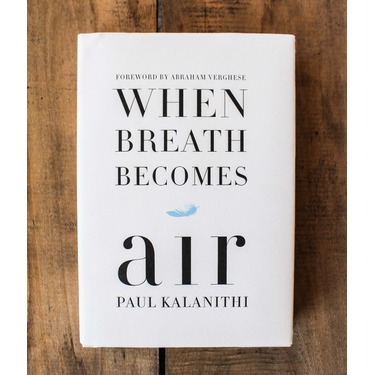Do we question mortality only when faced with imminent death?
A literary memoir by a dying man raises questions on the very meaning of living.
Most of us go through life without contemplating about our existence. Death is inevitable, but it doesn’t feature largely in our daily thoughts. We spend our time thinking about what our day is going to be, what our year is going to be, and our hopes and dreams.
Paul Kalanithi was no different. A thirty something doctor, he had his entire life mapped out in front of him. Married to the love of his life, and on the way to become a leading neurosurgeon on the west coast. Constantly surrounded by the sick and dying, he had never stopped to consider his own mortality. Until one day he discovered he had cancer — the one there was no coming back from.
Kalanithi had always been curious about the existential questions of living, his desire to understand more fueled by his religious background and love of books. When faced with his own mortality, Kalanithi attempted to understand his now stalled life and what gave it meaning.
“Science may provide the most useful way to organize empirical, reproducible data, but its power to do so is predicated on its inability to grasp the most central aspects of human life: hope, fear, love, hate, beauty, envy, honor, weakness, striving, suffering, virtue.”— Paul Kalanithi, When Breath Becomes Air
Beautifully written and terribly sad, When Breath Becomes Air is Dr.Kalanithi’s journey towards the end of life. The memoir is split into two sections, the first capturing his journey to becoming a doctor to the moment he discovers his illness, and the second part focusing on his time under medication and treatment.
Dr. Kalanithi had documented this treatise on living during the most harrowing months of life —and he did it with grace, beauty and intelligence. I know this is one of those books that I will keep coming back to.


